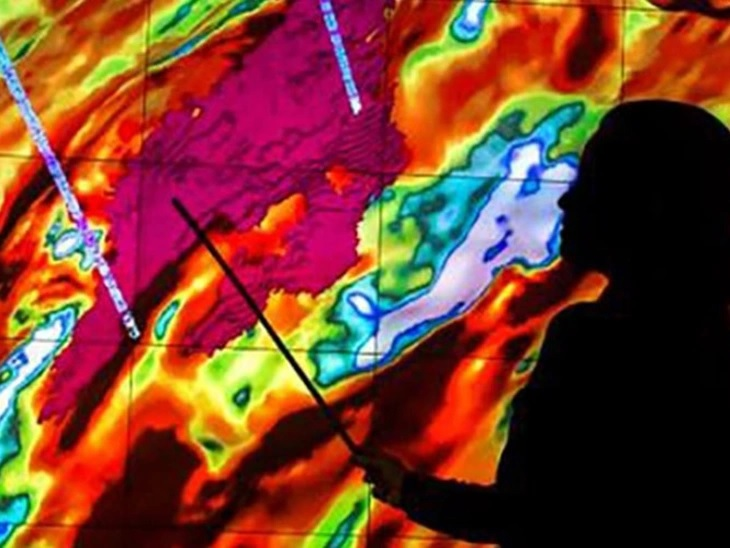
 Celebration
Celebration
T&B Petroleum/Press Office ANP

Today, May 29, 2025, the Exploration and Production Database (BDEP) celebrates 25 years of continuous operation. Managed by the Brazilian National Agency of Petroleum, Natural Gas and Biofuels (ANP) and located in Rio de Janeiro, BDEP holds a vast collection of digital technical data generated by exploration and production (E&P) activities in Brazil’s sedimentary basins — a strategic asset of the Federal Government.
Efficient management and dissemination of the technical data stored in BDEP contribute to Brazil’s scientific development while ensuring that this national asset remains relevant for the future, strengthening the country's energy sector.
BDEP’s digital archive includes more than 3,700 geophysical surveys (seismic and non-seismic) and data from over 30,900 wells, totaling over 11.6 petabytes of data — the equivalent of more than 7.73 billion photos of 1.5 megabytes each.
The main users of BDEP include oil and gas companies, universities, and research institutions.
To illustrate BDEP’s growth over the past quarter-century, in the year 2000, its total data volume was 71 terabytes, which accounted for only about 0.6% of today’s 11.6 petabytes.
Since 2019, BDEP has been equipped with Hermes Robot, an integrated high-capacity tape storage solution. This automated system can store up to 44 petabytes of technical data, expandable to 100 petabytes.
The data stored in BDEP, which support strategic decision-making in the oil and gas sector, are becoming increasingly relevant in the context of the energy transition toward a low-carbon economy.
In addition to being used in bidding rounds for E&P blocks conducted by ANP, BDEP’s data can also support the identification of geological formations suitable for CO₂ storage, contributing directly to the sector’s decarbonization.
With more than 11.6 petabytes already stored, this volume is expected to grow exponentially as data from CO₂ plume monitoring (the way carbon dioxide spreads and moves underground after being injected for storage) is added — a critical step in ensuring the safety of geological storage projects.
This monitoring responds to challenges introduced by Law No. 14,993/2024 (the Future Fuel Law), which grants ANP the authority to regulate carbon capture and storage (CCS), and Law No. 14,948/2024, which established the legal framework for low-carbon hydrogen and assigned ANP regulatory responsibility for the sector.
Since the start of its data-sharing efforts, BDEP has generated and transferred approximately R$280 million to the Federal Government through subscription plans purchased by oil and gas companies for access to public technical data stored in the database.
The free dissemination of public technical data from onshore basins and mature offshore basins aligns with the public policies set forth by the National Energy Policy Council (CNPE), including CNPE Resolution No. 17/2017. Within this framework, ANP has implemented initiatives to democratize access to geological and geophysical data, with a focus on revitalizing onshore and mature offshore fields.
Free access to data not only supports research at universities and R&D centers — fostering innovation and workforce development — but also encourages exploration in frontier basins, expanding geological knowledge and enabling the discovery of new areas with potential for oil, gas, or CO₂ storage.
This technical data also plays a key role in developing small and medium-sized discoveries, helping expand the participation of smaller companies in the oil and gas sector.
BDEP’s technical data also played an important role in the United Nations’ approval of Brazil’s extended continental shelf, published on March 26, 2025. The newly recognized area lies off Brazil’s northern coast, extending from Amapá to Rio Grande do Norte, and totals 360,000 km² — roughly the size of Germany.
Contact us